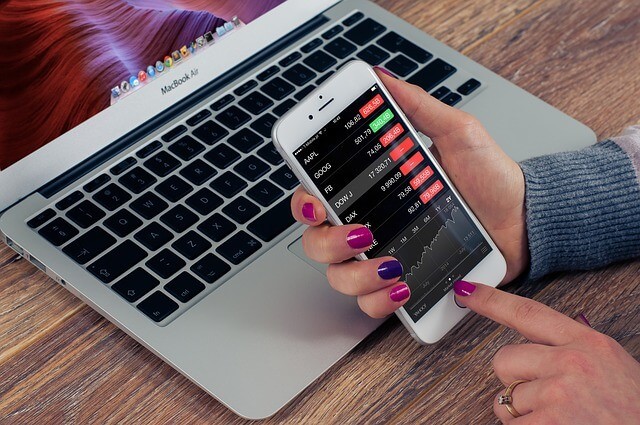Why Precious Metals Trading Is an Attractive Option During Greek Bond Instability
As soon as the bond markets begin to shake, Greek investors have begun to seek safety in other places. Not a new turn but a well-known pivot made of bitter experience. The volatile nature of the Greek bond market has at one time or another sent shivers even to the most experienced of traders as well as the most cautious savers. It is not a matter of returns, but a matter of reliability. When the yield on bonds is unstable and the faith in long-term debt is doubtful, more realistic options are sought.
This change of heart is motivated by a combination of cynicism and self-preservation. A lot of investors still recall the past debt crises and their subsequent spread across personal portfolios and national confidence. When bonds are viewed as promises which may be renegotiated, the attraction of having something concrete and internationally recognized as valuable is enhanced. Metals such as gold and silver are not dependent on the creditworthiness of a particular government. Their worth is free standing, and influenced more by international demand rather than local politics.
When fiscal uncertainty is in play, trust becomes important. It is common to find that Greek investors do not only consider the numbers, but also the stability behind the numbers that is supporting either choice. The historical burden that precious metals bear cannot always be matched by particularly tough times in the life of a nation. Whereas bonds demand a certain belief in institutions and their capability to stick to their promises over a period of time, metals provide some sort of monetary neutrality. They are not connected with a change of policy, election or restructuring of debt discussions. To many, that makes them easier to rely on when the traditional financial instruments begin to develop fissures.
Precious metals trading has become a more vibrant expression of this change of confidence. It is not a mere store of value hidden in vaults. Greek merchants are turning to metals to react to temporary changes and to protect against long-term volatility. They shift in and out of position on global cues, movement in currencies and domestic fiscal news. Such flexibility enables them to remain involved with the market, but less exposed to the weaknesses of sovereign debt.

Image Source: Pixabay
It is also a place where the investors have a greater sense of control. Bonds may be tricky and risks may be hidden behind ratings and terms. Metals are simpler. Their prices fluctuate, sometimes violently, and those fluctuations are public and mostly driven by world supply and demand. This openness can be a key element for Greek investors who do not want speculation and vague financial terms.
With talks of Greek debt ebbing and flowing as they are, the demand for an alternative is also waning and waxing. Trading in precious metals provides a means to be involved in trading without being totally tied to the problems of the nation. It is an investment that does not stay local but at the same time provides some sort of security to self. And in a financial world where moods can shift swiftly, assets that are not directly exposed to domestic policies become not only desirable but essential.
At such times, it is not necessarily the case that the decision to move out of bonds is driven by fear. It is all about balance. It is about preserving wealth in a more robust form. Greek traders are not giving up the traditional investments, however they are creating space to adopt those strategies which provide a greater insulation. To the precious metals trading industry, it takes a number of them right through its heart.
Comments